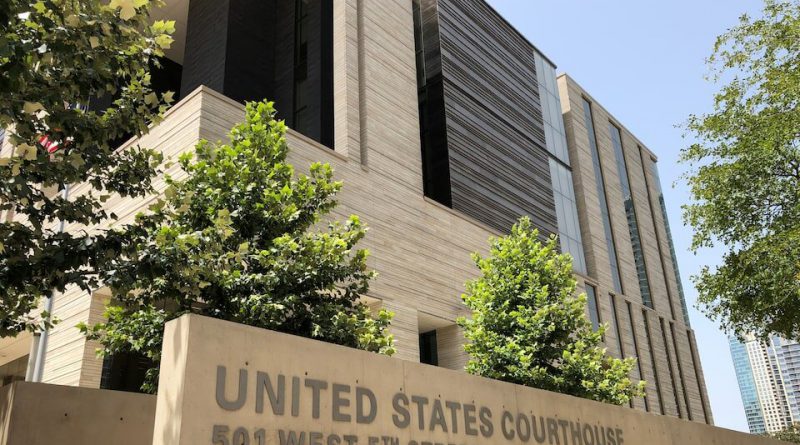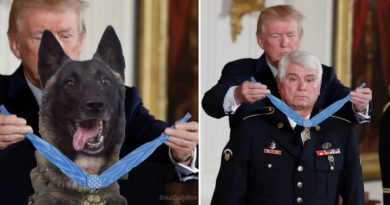Innovation, Integrity, and Accountability: Voice Tech Dispute Highlights Evolving Legal Landscape
The Parus–Mintz Levin case underscores how accountability and innovation intersect as voice technology patents reshape the future of digital interaction.
In a case that blends technology, intellectual property, and legal accountability, voice recognition company Parus Holdings Inc. has filed a malpractice lawsuit against the renowned law firm Mintz Levin Cohn Ferris Glovsky & Popeo, marking a significant moment in the ongoing evolution of tech-related legal disputes.
Filed in the U.S. District Court for the Western District of Texas, the case centers on claims that Mintz Levin’s handling of patent proceedings led to the invalidation of one of Parus’s most valuable patents—technology that once promised to revolutionize voice-enabled online searches.
Parus Holdings, founded in 1997 and based in Austin, Texas, has long been at the forefront of developing technology that allows users to search the internet through voice commands and receive audible responses.
This innovation anticipated the now-ubiquitous virtual assistant technologies that power smartphones and smart speakers.
Over the years, Parus has pursued an ambitious patent enforcement and licensing strategy to protect and commercialize its inventions, asserting claims against major technology companies for patent infringement.
At the heart of the current dispute lies a difference in perspective about how that strategy unfolded. Parus claims that Mintz Levin’s legal representation before the U.S. Patent Trial and Appeal Board (PTAB) was mishandled, alleging that the firm submitted filings lacking the required evidentiary specificity—errors that, according to Parus, contributed to the invalidation of its key patent.
The company argues that this loss not only jeopardized future litigation prospects but also cost it potentially hundreds of millions of dollars in expected licensing revenue and settlements.
Mintz Levin, a respected firm with a history of success in complex intellectual property and corporate law matters, sees things differently.
Just days before Parus’s lawsuit, Mintz filed its own case in Massachusetts federal court, asserting that it had delivered results that justified a $2 million “success fee” following a series of settlements that generated $11.5 million for Parus.
The firm has defended its work, standing by the quality of its representation and pointing to the inherently complex and unpredictable nature of patent litigation, especially in the rapidly shifting field of emerging technologies.
While the competing lawsuits reflect a clear legal conflict, they also offer a broader narrative about the modern innovation economy—one where law firms and tech creators must navigate both opportunity and risk.
As companies increasingly depend on intellectual property to drive value, the importance of sound legal strategy and ethical accountability has never been greater.
Industry analysts view the Parus–Mintz dispute as a reminder that patent law, particularly in fields like voice recognition and artificial intelligence, is becoming more intricate.
The boundaries of what constitutes “novel invention” are frequently tested as courts and patent boards evaluate the overlap between existing technologies and new ideas.
For innovators like Parus, these outcomes can have immense financial implications, shaping not only their balance sheets but also the pace of technological progress.
Despite the legal challenges, both parties remain prominent in their fields. Parus Holdings continues to explore ways to leverage its technology in commercial and consumer applications, while Mintz Levin maintains its reputation as a trusted advisor to global businesses.
Observers note that the firm’s decades-long record in handling high-stakes patent cases and technology disputes reflects deep expertise, even when outcomes spark contention.
The case also shines light on how the U.S. Court of Appeals for the Federal Circuit and the PTAB play central roles in shaping America’s innovation framework.
In 2023, the Federal Circuit upheld the PTAB’s earlier rulings against Parus, effectively confirming the patent’s invalidation.
The decision underscores how evolving standards in patent examination continue to influence the commercial fortunes of tech innovators.
Legal experts suggest that, beyond the immediate financial claims, the Parus–Mintz confrontation raises important questions about professional responsibility, due diligence, and the shared accountability between legal counsel and their clients in fast-evolving industries.
It emphasizes that in the innovation economy, the relationship between creators and their advisors must be grounded in trust, precision, and a shared commitment to excellence.
While the courtroom battle unfolds, the broader message remains positive. The case highlights a system that holds even the most established players accountable, ensuring fairness and professionalism in one of the most dynamic sectors of the modern economy.
It is also a testament to the power of perseverance—both Parus’s drive to protect its inventions and Mintz Levin’s dedication to defending its integrity.
As the world’s reliance on voice-driven technology continues to grow, the outcome of this legal clash may influence future patent strategies and reinforce the need for robust collaboration between innovators and their legal teams.
Whether in success or setback, such moments contribute to a more transparent, resilient, and ethically grounded innovation ecosystem.
The Parus–Mintz Levin case is not merely a courtroom story—it is a reflection of the modern digital age’s complexities, where the pursuit of progress, integrity, and accountability remain inseparable.



